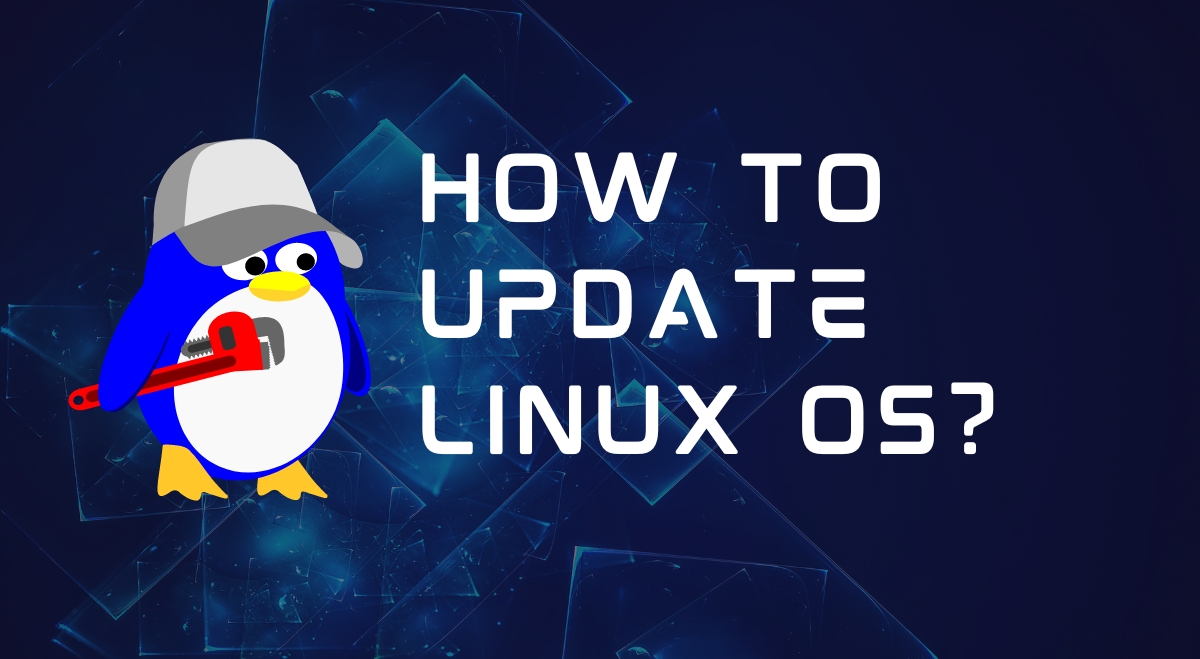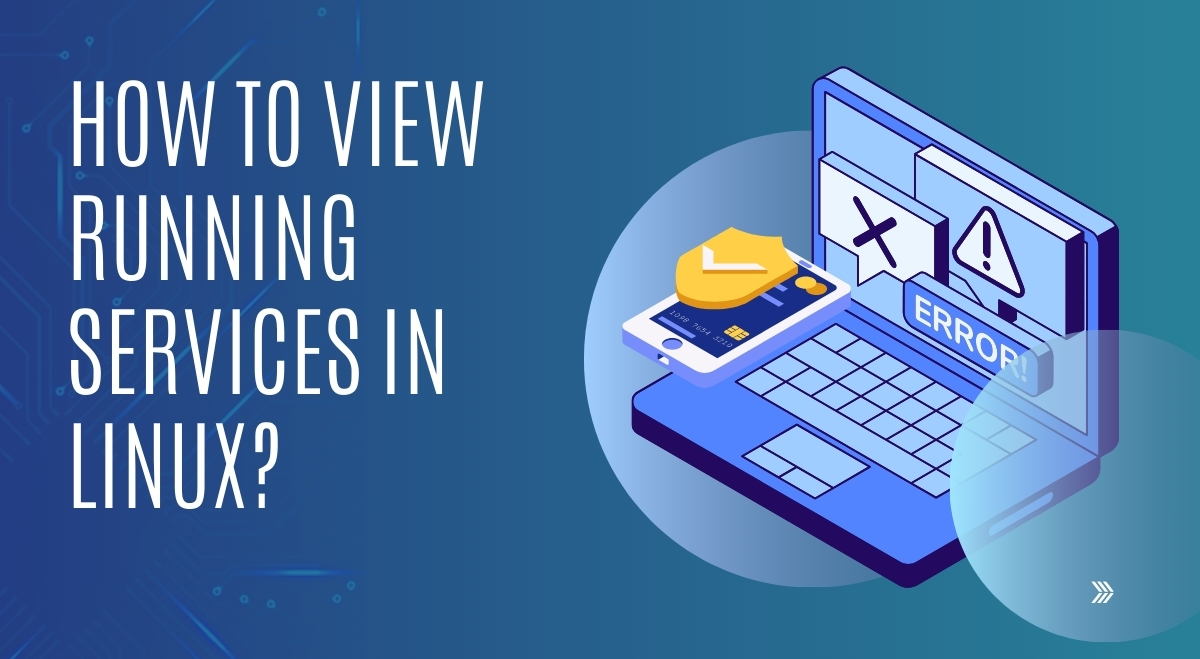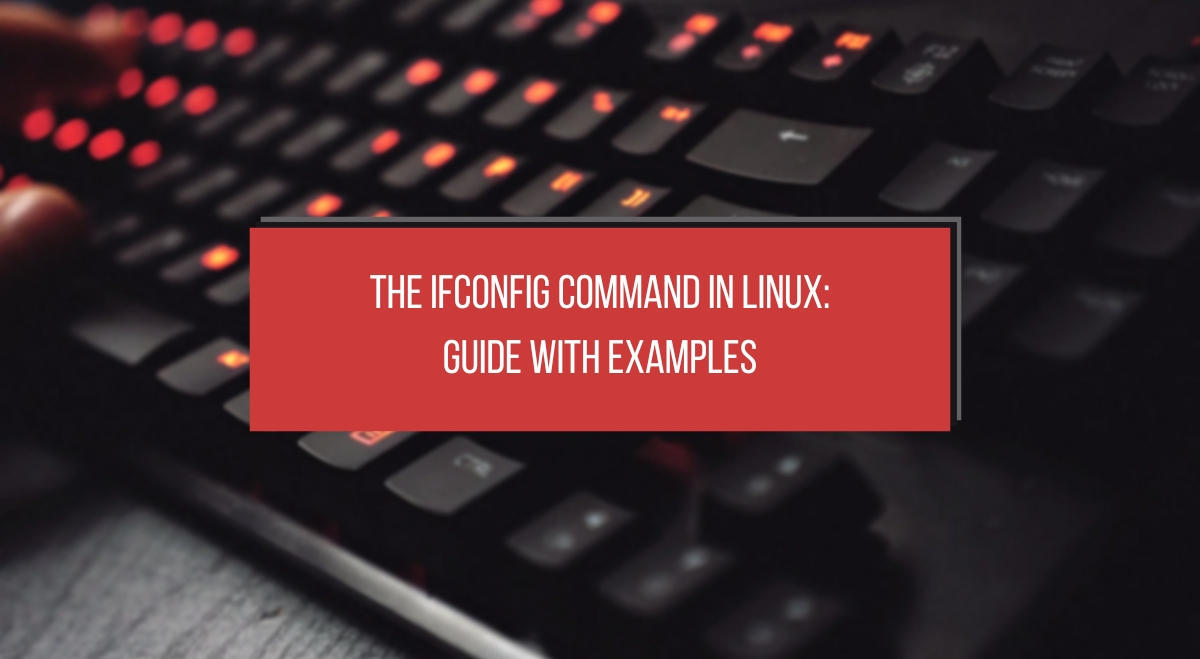The lost+found folder is a crucial component of Linux file systems, serving as a safety net for recovering lost or corrupted files. While it may seem mysterious to many users, understanding its purpose and functionality can help you maintain a healthy file system and potentially recover important data. What is the lost+found Directory? The lost+found […]
Linux

What Programming Language is Linux Written In
Linux, the open-source operating system that powers everything from smartphones to supercomputers, has a fascinating story behind its development. At the heart of this story lies a programming language that has shaped the very essence of Linux: C. The Foundation of Linux: C Programming Linux is primarily written in C. This choice wasn’t arbitrary – […]

Best Linux Distros for Programmers
Hey there, fellow code wranglers! 👋 If you’re diving into the world of Linux for your programming adventures, you’ve come to the right place. I’ve been tinkering with Linux distros for over a decade, and let me tell you, finding the “perfect” one is like trying to pick your favorite child – it’s tough, and it depends on the day! But don‘t worry, I’m here to […]

How to Update Linux OS?
Keeping your Linux system up-to-date is crucial for maintaining security, stability, and access to the latest features. Whether you’re running Ubuntu, Fedora, Arch, or another distribution, this guide will walk you through the update process step-by-step. Understanding Linux Updates Before we dive into the nitty-gritty, let’s clarify what we mean by “updating” Linux. There are […]

Linux RPM vs DEB: Understanding Linux Package Formats
Linux package management can be a bit of a head-scratcher for newcomers. Two heavyweights dominate the scene: RPM and DEB. But what’s the real deal between these formats? Let’s dive in and demystify the world of Linux packages. What Are RPM and DEB? RPM (Red Hat Package Manager) and DEB (Debian Package) are the two […]

How to View Running Services in Linux?
As a Linux system administrator, knowing how to view and manage running services is crucial for maintaining a healthy and secure system. Whether you’re troubleshooting issues, optimizing performance, or just curious about what’s running on your machine, this guide will equip you with the knowledge and tools you need. Understanding Linux Services Before we dive […]

Linux NAS Storage: The Ultimate Guide for Home and Small Business Users
As someone who’s been tinkering with Linux-based Network Attached Storage (NAS) systems for over a decade, I can confidently say that building your own NAS is both rewarding and cost-effective. In this guide, I’ll walk you through everything you need to know about setting up and optimizing a Linux NAS for your home or small […]

Linux Emulators for Windows
Have you ever wanted to dip your toes into the Linux world without giving up your trusty Windows machine? Well, you’re in luck! Linux emulators for Windows are here to save the day, offering the best of both worlds. As someone who’s been juggling Windows and Linux for years, I’m excited to share my experiences […]

How to Run Executable Files in Linux?
As a Linux user, understanding how to run executable files is crucial for effectively using the operating system. Whether you’re a beginner just starting out or an experienced user looking to deepen your knowledge, this guide will walk you through everything you need to know about executing files in Linux. Understanding Linux Executables Before we […]

The ifconfig Command in Linux with Examples
As a Linux sysadmin, I’ve used the ifconfig command countless times over the years to configure and troubleshoot network interfaces. While newer tools like ip have largely superseded it, ifconfig remains an essential part of the Linux networking toolkit. In this guide, I’ll share my hands-on experience with ifconfig to help you master this versatile […]
